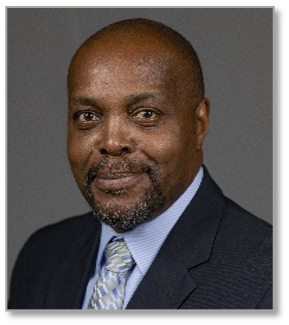Inclusive Technical Language | CompTIA
In support of DEI initiatives, IT organizations have recognized that terminology and concepts that had become common industry promoted racial and cultural bias. In response to our current social justice movement, there is a push toward replacing that identify and replace language that does not foster a healthy workplace and foster equity.
As a Technical College, we must promote inclusive language and curate materials from sources committed to creating a collaborative and diverse workforce. Language is an expression of intent; we as educators, who traffic in language as we deliver academic products to our learners, must be aware of industry terminology that is not only biased but lends itself to marginalize specific demographics within our College Community.
Our language signals our intent, and our choices of words indicate how we think and feel, as well as what we believe. It influences the way we want others to perceive things, which, when those terms are racially biased, signals and supports and accepts systemic racism.
One example of this language, potentially adopted from the western movies of the past that are common in ethical hacking, is Black Hats and White Hats, with Black Hats representing malicious hackers and White Hats representing ethical hackers. Language has been with me all of my career and, on occasion, was used as a slight against me when I began to be involved in Incident Response, Network Defense, and Ethical Hacking. It was a bit of a running joke until I moved on.
“The Computing Technology Industry Association (CompTIA) is a leading voice and advocate for the $5 trillion global information technology ecosystem; and the estimated 75 million industry and tech professionals who design, implement, manage and safeguard the technology that powers the world’s economy.” (CompTIA) “There’s a big adjustment happening in our industry toward using more inclusive language,” CompTIA Senior Director, Exam Services, Carl Bowman explained. “Large and small vendors alike are reconsidering what terms they use to describe technical functions.”
As we continue to mature our products and develop new curricula and educational strategies, we must consciously identify and remove the barrier of exclusive language in technology and other academic disciplines because it undermines humanity by minimizing the worth and capabilities of individuals from marginalized groups.

Mike Russell
Faculty – School of Information Systems & Technology, DEI Taskforce Co-Chair





